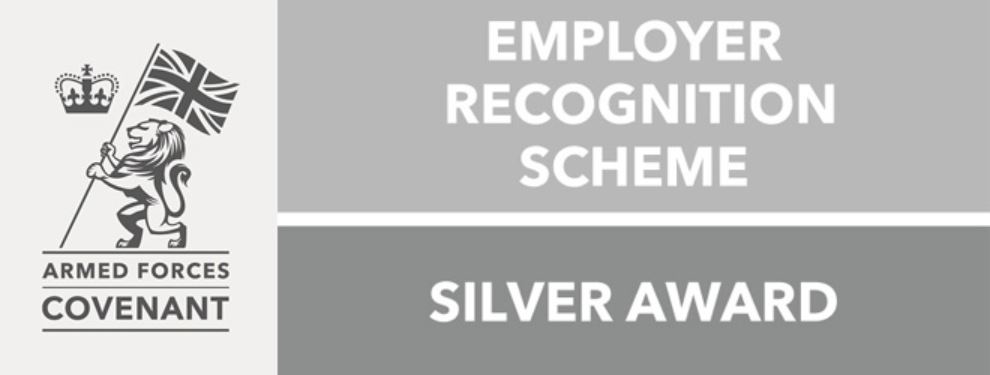-
Next Generation Travel Group
-
Our Brands
-
Resources
-
Blogs
- Contact Us
- Search

Take a look at the range of visits that may be included in the itinerary of your WW1 battlefield tour:
Take a look at our 3-day sample itineraries for Ypres and Somme, where you'll find the full selection of visits available to include in your history tour.
Over one hundred years on from the First World War, our WW1 History Trips to places such as Ypres and Somme are more popular with school groups than ever. Your expertly guided WW1 battlefield tour will incorporate the following key study themes to support your learning back in the classroom.
There's more to our battlefields trips than gaining a deeper understanding of the impact of WWI. We can include a variety of alternative and fun experiences to provide opportunities for cultural immersion, student bonding, and a change of pace from the more poignant elements of your tour. Take a look at below for inspiration, or contact us for more ideas - we're happy to offer suggestions for your group!
We recommend visiting Talbot House on your battlefields trip for a unique and personal perspective on WW1.
Your students will be introduced to the history of the house, with the opportunity to explore the many fascinating rooms and floors of the house, all brimming with their own stories and anecdotes.
Groups that visit Talbot House are encouraged to experience it in their own way; whether it's sketching, writing a letter home to their families, or playing cricket in the beautiful gardens. In the Dining Hall, they are encouraged to play a tune on the original piano as soldiers once did, and enjoy time together over a nice cup of tea and lunch.
Watch our video to hear more from Simon Louagie, Manager at Talbot House, about why school groups still choose to visit the house today.
At Anglia we care about our customers, our staff, the places we visit, the stories we tell and the organisations we work with. These key principles define who we are and what we do. We believe they are also the reason why Anglia is the market leader in fully-guided history trips for UK schools. We work with you to design a bespoke tour, which meets the specific needs of your school and supports what you are teaching in class. We start by asking what you want your students to see and what you want them to experience then build the tour around these requirements. A tour which, as the testimonials on our website show, your students will find thought-provoking, engaging and enjoyable.





Please select a type of trip below:
Need to speak to an expert?

Need to speak to an expert?
Need to speak to an expert?
Your Enquiry has been received by , our school trips provider.
We’ll get back to you within 48 hours via your email or by phone on .
Please check your junk folders to be sure you see our first message.
Our team of history specialists are ready to help create the perfect trip for your group. Get in touch to get started today.